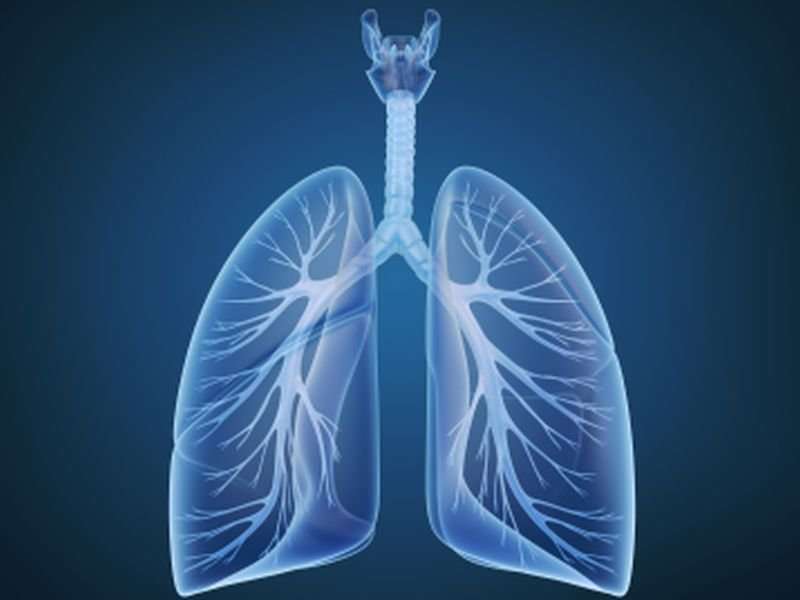Diaphragmatic breathing tied to less belching in GERD

(HealthDay)—Diaphragmatic breathing can reduce belching and proton pump inhibitor (PPI)-refractory gastroesophageal reflux, according to a study published in the March issue of Clinical Gastroenterology and Hepatology.
Andrew Ming-Liang Ong, M.B.Ch.B., from Singapore General Hospital, and colleagues investigated whether diaphragmatic breathing therapy was effective in reducing belching and PPI-refractory gastroesophageal reflux disease (GERD) symptoms among 36 consecutive patients seen from April 2015 through October 2016. Fifteen patients were placed on a standardized diaphragmatic breathing exercise protocol, and 21 were placed on a wait list and eventually received the breathing therapy.
The researchers found that 60 percent of patients in the treatment group and none of the control subjects achieved ≥50 percent reduction in belching visual analogue scale score. In the breathing treatment group, 80 percent of patients reduced belching frequency versus 19 percent in control subjects. Furthermore, the breathing treatment was associated with significant reduction in symptoms of GERD and a significant increase in quality of life scores. Four months post-treatment, these changes were sustained.
"Diaphragmatic breathing exercise training can be a useful adjunct to current pharmacologic options in treating these patients," the authors write.
More information: Abstract/Full Text
Copyright © 2018 HealthDay. All rights reserved.



















